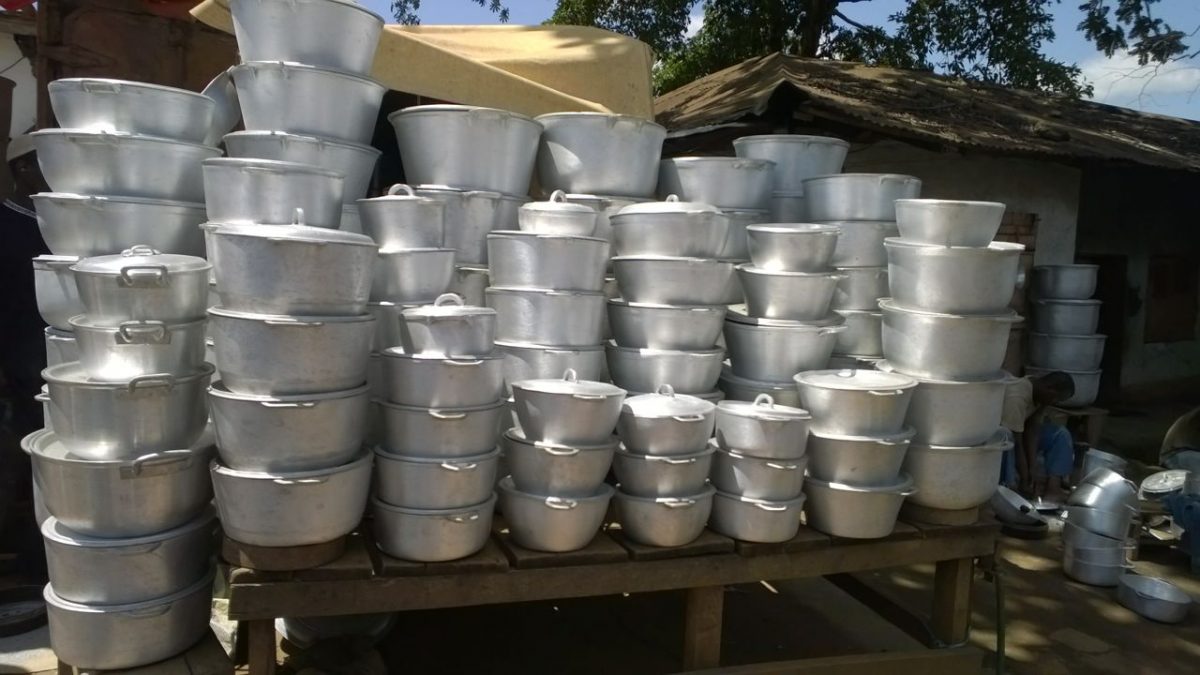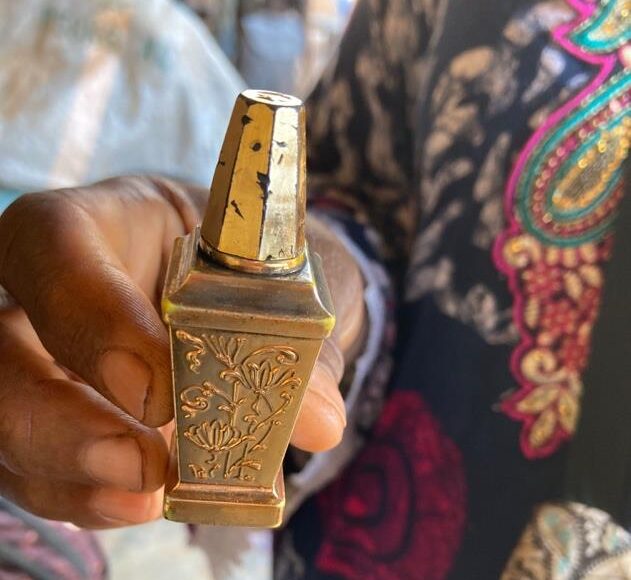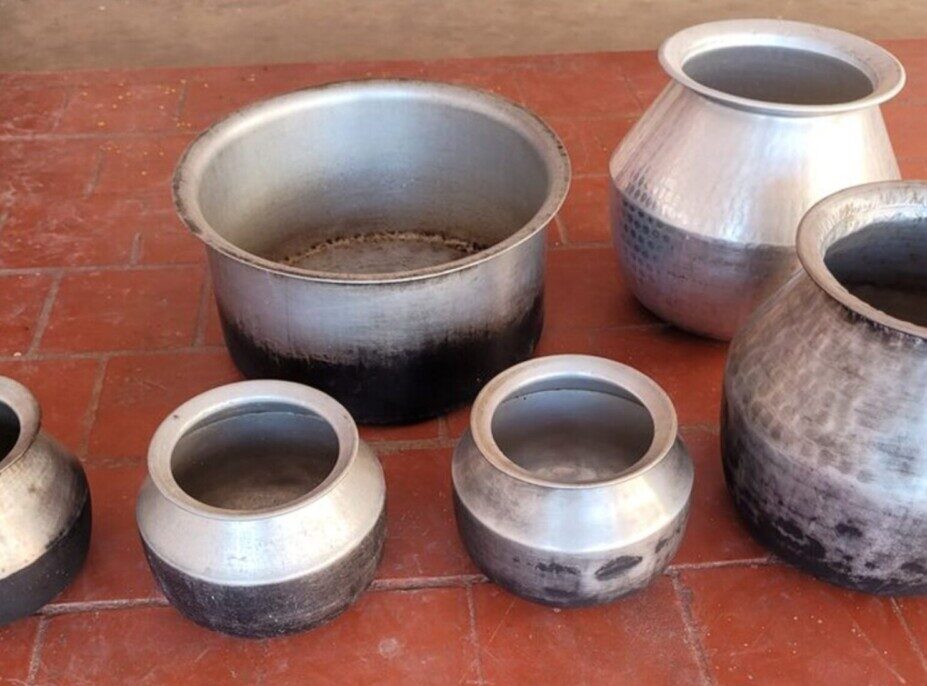Study of Aluminum Cookware at Educational Institutions in Indonesia


Pure Earth Indonesia is working in partnership with educational institutions to conduct a pilot assessment to analyze levels of lead in metallic cookware and the bioavailability of lead in the food cooked in these pots. Recent Home-Based Assessments and Rapid Market Survey data both showed a prevalence of lead in aluminium cookware in homes and marketplaces.
The schools will be selected from communities with high blood lead levels (BLLs) found in the recent survey and other communities with history of used lead-acid battery (ULAB) recycling operations.
The study began in January 2024 at selected education institutions in 4 locations, namely the Special Capital Region of Jakarta, Depok City, Bogor City, and South Tangerang City and is expected to increase our understand of the prevalence of lead exposure from use of metallic cookware. Discussions with stakeholders will follow to formulate appropriate strategies and interventions to reduce the impact of lead exposure, especially on children.
This cookware analysis is connected to a broader effort in response to the surprisingly high prevalence of lead-contaminated cookware we found in the Rapid Market Survey across 25 countries. But the prevalence of lead in alumnium and mixed metal cookware alone does not tell us much about actual exposures.
To better understand real exposure risks, Pure Earth has embarked on a substantial analysis of the leachability of this lead to understand actual risks from daily use to not only analyze what we have learned, but to translate that knowledge into future risk mitigation programs.
The plan includes conducting supply chain analyses in select countries where the RMS revealed high percentages of contaminated aluminum cookware; assessing the impact of this cookware on food safety and children’s health in school settings in 3 countries, and piloting interventions, i.e., exchanging cookware, based on the findings to mitigate lead exposures; designing the methodology and framework for future core research to better understand aluminum cookware’s metallurgy, leaching properties, mitigation strategies for large scale and artisanal producers.




